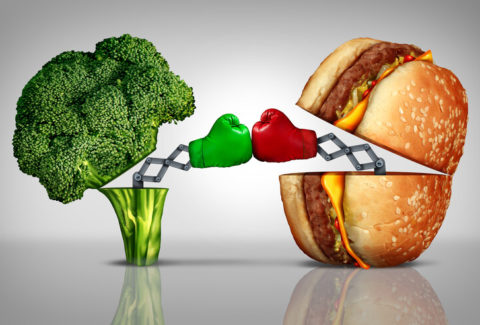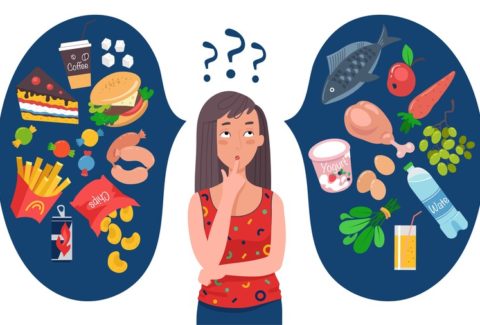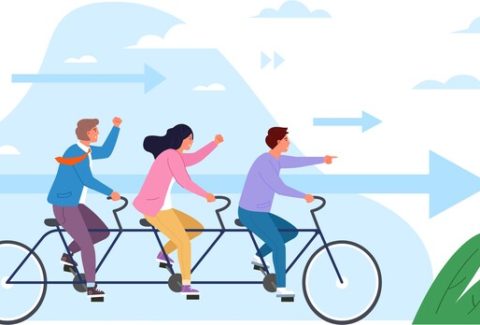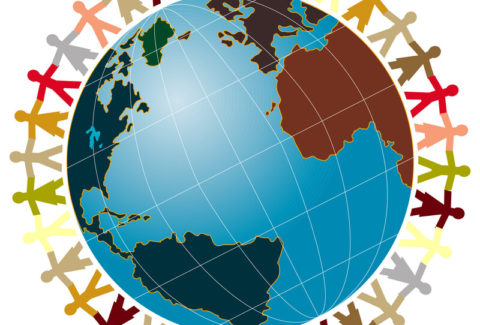NLP or Neurolinguistic Programming and Us, Clinicians

NLP or Neurolinguistic Programming and Us, Clinicians
NLP or Neurolinguistic Programming is known as the “Science of Life” and reminds us that we are shaped through programming and socialization. Pediatric neurodevelopmental studies show that as children, when we babble, we make sounds that our parents understand, as well as sounds that our parents would not understand but which would be understood by other who speak foreign languages. However, as we get introduced more and more to our parents’ language, our babblings begin to mimic our parents’ phonemes or sounds. This process of language introduction, wiring, or programming is a small example of how we are all socialized and programmed. The process is the same for every aspect of our life, be it our beliefs, values, attitude, cultural traditions, and the religious and educational systems we are involved with.
Having this knowledge allows us to become aware that we can reprogram ourselves. Part of this entails letting go of the current programming and switching our language and beliefs, among other systems. This switch in our language is often reflected in our communication with ourselves and with others; an area that NLP pays close attention to.
NLP not only shows us how we are programmed, how to un-program and reprogram ourselves, but also how we can model after those who are the best in their respective fields. NLP provides us with a set of tools that allow us to observe, identify, model, and reproduce excellence in any area. Part of this process leaves us with a lot of benefits. For example, we develop effective tools to manage our internal state better, stay grounded, and resourceful at all times, and show a high level of flexibility, allowing ourselves more choices as we navigate life.
As we continue to understand NLP, we also increase the speed with which we learn, develop a better command of ourselves, and communicate with others, which once again helps us arrive at excellence in any areas of our life, including in our field.
As clinicians, one thing that NLP offers us is the ability to see strength and skills everywhere and the ability to identify, retrieve, and reuse them. For example, with NLP, we can appreciate that anyone who can develop a panic attack possesses a tremendous set of strategies that can be used differently and benefit them tremendously. Panic attacks require a highly developed imagination, a very skillful and powerful internal dialogue, conversation and communication, and very strong emotional reactions.
Abraham Maslow, the 10th most cited psychologist of the 20th century, said:
“It is tempting, if the only tool you have is a hammer, to treat everything as if it were a nail.”
The more we continue to rely on our outdated disease model, the less we embrace revolutionary work such as that of Carl Rogers, Carl Jung, Abraham Maslow, Albert Ellis, Aaron Beck, Milton Erikson, or NLP. On the other hand, the more we are open to learning new tools, the less we put our patients or clients in a box, and the more likely we will be able to truly help them.
Please join us for the Alphabet Game, on November 7, 2020, from 4-6pm EST; the 9th NLP class as part of our NLP Certificate Course. Come and learn new tools. Come and increase your skills. And let us continue to make a difference, starting with ourselves.
See you then,
Karen and Mardoche








